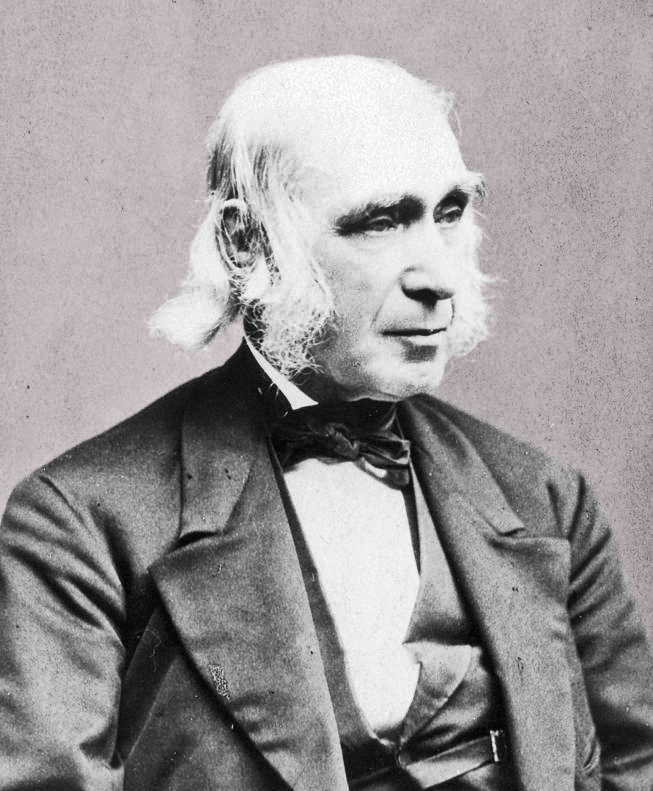
Transcendentalist philosopher A. Bronson Alcott (father to Little Women author Louisa May Alcott) was also one of the founders of progressive American teaching techniques. In this letter he addresses Ralph Waldo Emerson, a neighbor and good friend. In his journals, Emerson referred to Alcott as “the most refined and advanced soul we have had in New-England, who makes all other souls appear slow and cheap and mechanical.” Alcott held Emerson in high esteem too, devoting a chapter of his novel, Concord Days, to a study on Emerson’s work and thought. Below, he writes about the Anniversaries of 1837, a week in spring during which numerous organizations held meetings. He attended and spoke at many of these conventions, including the Meeting of Gentleman Friendly to New and Worthier Views of Men and Things.
[to Ralph Waldo Emerson, Concord]
Boston June 6. 1837
Dear Sir,
Not only on my own, but account of Mr Fuller and friends, do I please myself with the hope of hearing your good word, on occasion of a good purpose. And yet, you must needs let special and local topics slide into broad and general insight into things & principles. For such, the world suffers. —Would you believe it? I wasted last week foolishly, and scandalously, at these glorifying and glorified anniversaries. And no! to the world if it seek life or soundness from these. Quacks! Quackery! Poor sick, infirm, lunatic Humanity. And these know nothing of the regimen that restores sanity and soundness. Holiness! Holiness! the man of Nazareth hath it; but not these. Now; dose! dosing! and the Patient special, half conscious of misplaced faith, dies, faintly uttering “Physician heal thyself;” Still the same results: arms, legs, with sundry faculties meant for God’s worthiest works at their service, do flourish most dextrously in the light of God’s blessed day-time, if perchance his kingdom shall be forestalled and taken by violence.
And yet, I attended to some profit withal. For, to see the straights of Humanity, as well as [its] fullness, is somewhat. A sage observer perceives, under all this hammer and sword play, primal and irresistible instincts, which do ever strive consciously or blindly, to compass the Possible. There yet lingers in all souls a belief in the possible perfectibility of outward and secular interests. And hence finite organs and instruments, are developed into some show, at least, of dexterity: the legs and arms work for somewhat. But open the eyes above them to perceive the occasions for securing the Onward and Divine, and then shall the infinite faculties be sharpened, and the soul use them worthily. Behold a Heaven! But the eye of this age is holden: it apprehends not times, nor organs nor instruments, nor shall, till some, standing in its midst, preach the true Gospel of the Kingdom and restore it to sight.
I intend accompanying you to Providence. I suppose you will reach Boston on Friday in season for the cars in the afternoon—4 or 5. oclock [sic] is the latest hour I believe. Please call on me at No 3. Temple place if you pass that way before 1 P.M. or, should you miss, a word dropped at Munroe’s would enable us to act in concert. Yet better: a word from your “Sanctum sanctorum” at Concord, would shed light, meanwhile,
whereby, I might discern the more
vividly the aspects of “Psyche”,
with whom I am much
in love at this moment.
Most truly,
A. Bronson Alcott
From The Letters of A. Bronson Alcott. Edited by Richard L. Herrnstadt. Ames: Iowa State University Press, 1969.
FURTHER READING
Read Pedlars Progress, a biography of A. Bronson Alcott.
Discover the poem A. Bronson Alcott supposedly read at Emerson’s funeral.
Tour the Alcott family’s Orchard House.


